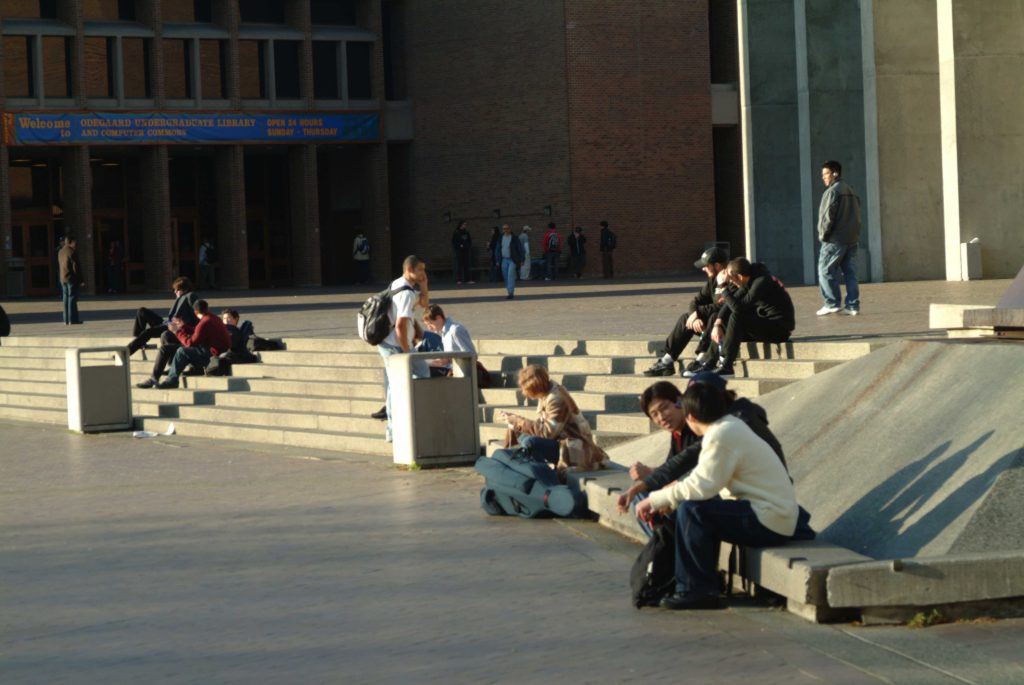


At the OWRC, we find that graduate writers often benefit from having flexible parameters to structure their writing sessions. Organizations like the National Center for Faculty Development and Diversity (NCFDD) offer programs like the 14-Day Writing Challenge, which virtually connects participants with graduate students and faculty at other institutions to create a supportive environment of community and mutual accountability bolstered by expert guidance. Graduate students and faculty at the University of Washington can access NCFDD resources through UW’s institutional membership.
In addition to the NCFDD’s virtual resources, on-campus units such as the Walter Chapin Simpson Center support graduate research clusters (see lower section of page) on a variety of topics. These can be effective ways of finding a research and writing community with other graduate students while fostering professional development.
For writers who have already found a group interested in forming a writing circle, the OWRC has created a guide to help get things rolling. These tips and tricks are grounded in the experience of OWRC staff as well as guides from institutions across the country. Central to our recommended approaches are the utilization of clear communication, goal-setting, and supportive participation.
While social and community writing is an excellent addition to an individual writing practice, many of the principles at the heart of communal writing can also be applied to independent writing. This includes things like:
- Setting realistic but flexible goals
- Scheduling writing time into your day
- Adopting a compassionate approach to evaluating writing progress
To help writers structure their independent writing sessions the OWRC offers an interactive writing routine planner and a session organizer, available online and in print at our center.
To keep up to date with graduate-oriented services, programs, and resources from the OWRc, join the Writing Circles mailing list.